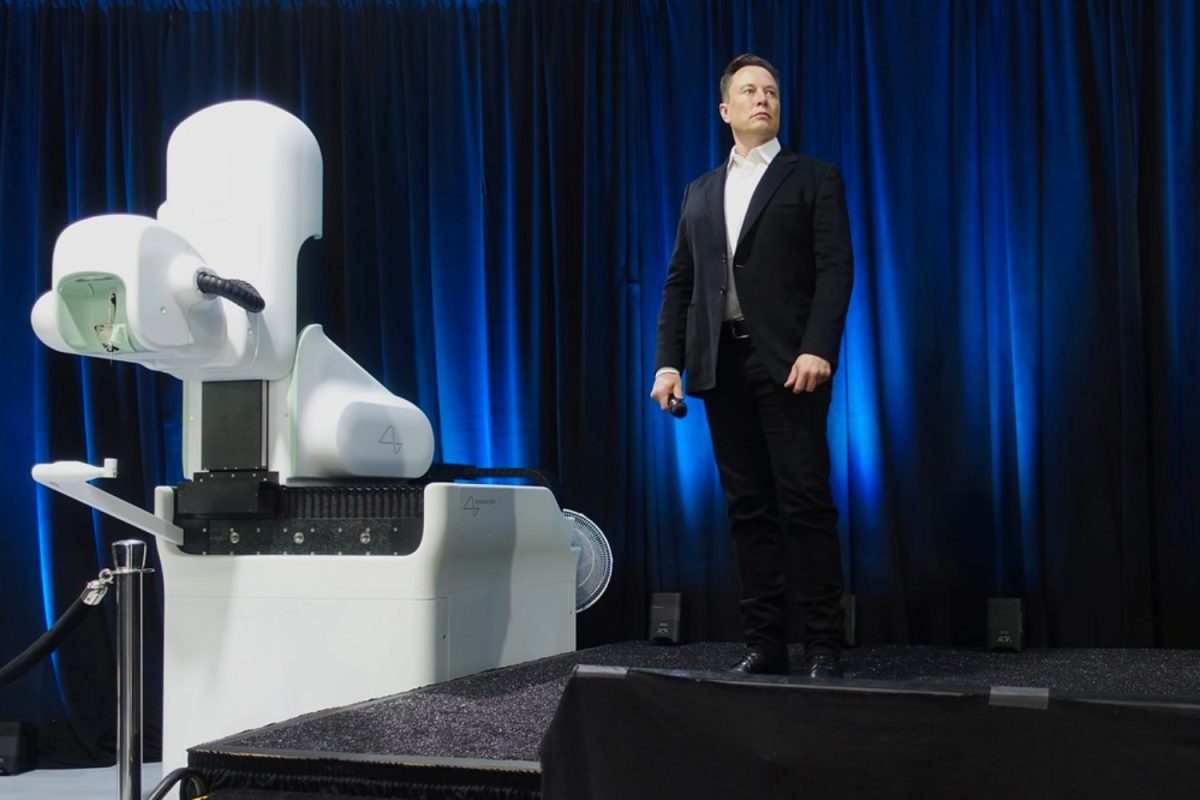Founded in March 2017, Elon Musk’s Neuralink company is producing a brain-computer interface designed to let people control technology simply by thinking. However, the results of his cruel animal testing make it clear that Neuralink production must stop before it becomes an unintended medical weapon.
Musk has found himself the subject of controversy for Neuralink’s animal testing methods, as well as his general vagueness surrounding the effects of the product. According to the Physician’s Committee for Responsible Medicine (PCRM), Neuralink’s product trials lasted from 2017 through 2020 at the University of California, Davis. Musk reportedly paid $1.4 million for the trials, mainly consisting of tests on macaque monkeys. Neuralink also tested on sheep and pigs.
Their tests involved implanting the brain chip into the monkey’s minds and observing their reactions to the surgery processes and the effects and abilities of the product.
Many government officials and scientists were suspicious of the secrecy of the trials, with the PCRM asking the United States Department of Transportation and the U.S. Security and Exchanges Commission to investigate Neuralink thoroughly. After all, Musk is not a historically truthful man—he also enjoys lying to Tesla investors. However, Neuralink claimed all testing went well, and Musk denied all allegations of dead monkeys.
But after a lawsuit courtesy of the PCRM, Neuralink made its veterinary records of their test subjects public, revealing the horrifying conditions of the monkeys tested on.
The primary symptoms of the test subjects were bloody diarrhea, loss of logical thought and coordination, and brain swelling—also known as cerebral edema. According to records, many monkeys demonstrated irregular activity after receiving the brain implant.
One test subject, “Animal 15,” was documented as healthy and active pre-surgery. Post-surgery, the test subject was reported banging its head against the floor repeatedly and having a tattered brain cortex. Animal 15’s state deteriorated until months later when it was euthanized.
In addition, several test subjects demonstrated stress responses around lab employees, exhibiting the extent of the abuse these animals faced. A report from Reuters stated that over 1,500 animals were killed in the process of Neuralink testing.
Neuralink’s cruel animal testing makes one thing evident: Elon Musk and his team need to postpone their human trials of Neuralink to develop the product further.
Neuralink’s first intention is to treat patients with paralysis. According to the National Library of Medicine, one in every 50 Americans suffers from some paralysis disorder. Given Musk’s global power, the Neuralink will likely take over as the newest medical technology for paralysis patients, meaning someone you know could potentially receive the Neuralink.
But if the Neuralink is already resulting in fatalities for its test subjects, there is no telling what it would do when put in a paralysis patient’s brain.
Additionally, Neuralink has had several years to refine its product, yet monkeys were being killed as recently as 2022. Neuralink needs more time to develop its product and ensure its safety.
For example, one of the most significant scientific advancements of the 21st century was the development of artificial organs for human transplantation. The artificial organ began being developed in 1885, and the Federal Drug Administration (FDA) approved a safe-to-use version in 2002. This technology took over a century to develop, and Elon Musk believes the Neuralink is ready to work after only seven years. While the Neuralink, given today’s technology, may not need 100 years of development, more research and safe trials need to occur, especially considering the Neuralink’s effects on monkeys in trials.
Currently, Musk and his team have opened human trial applications to individuals with a paralysis disorder known as quadriplegia, the paralysis of all four limbs. In Jan. 2024, Musk implanted a Neuralink in its first person, announcing via X that the patient was “recovering well.” Musk has not confirmed any information regarding the patient’s state outside social media, raising eyebrows from the scientific and medical community.
In sum, Neuralink’s cruel animal testing methods and evident failures in creating a safe product demonstrate that this medical advancement may not be so advanced. Neuralink needs to revise its product greatly and publicize the results of its trials to move further.












